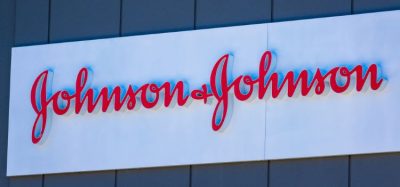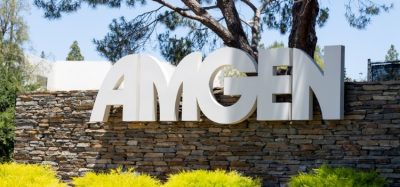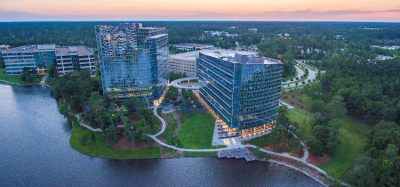Galapagos set for small molecule and biologics pivot after cell therapy exit
Posted: 6 November 2025 | Dominic Tyer (European Pharmaceutical Review) | No comments yet
But the Belgium biotech’s decision to winddown the cell business will cause it to cut around 90 percent of its headcount.


After trailing its decision to look for alternatives for its cell therapy business since May, Galapagos has decided to wind it down and refocus.
As a result, the Belgium biotech will make swingeing headcount cuts across Europe, the US and China, with 365 employees (or around 90 percent of its workforce) expected to go as sites in Leiden, Basel, Princeton, Pittsburgh and Shanghai are closed.
In their place will remain a small core of just 35-40 employees, operating out of Galapagos’ headquarters in Mechelen, Belgium and its US hub in Chicago, by the end of 2026.
That team will be tasked with refocusing the company towards small molecule and biologics treatments, with a duo of new directors brought onboard to support its plan to build a pipeline of novel medicines in areas of high unmet medical need.
Gilead’s current Senior Vice President of Corporate Development and Alliance Management Devang Bhuva has been appointed as Non-Executive Non-Independent Director at the firm.
Joining him on Galapagos’ board is Non-Executive Independent Director Dr Neil Johnston, who was previously Executive Chair at Yellowstone Biosciences and prior to that spent 16 years at Novartis.
They join a transfusion of new blood into the company, with a series of appointments that include new Chief Strategy Officer Dan Grossman, who arrived from Boston Consulting Group in August.
Henry Gosebruch, CEO of Galapagos, said: “We have built a team with world-class strategy and business development capabilities as we focus on disciplined capital stewardship and transformative business development, supporting a stronger and sustainable future for Galapagos.
“We will seek to strategically deploy our capital in a disciplined manner by pursuing value-accretive transactions. Our business development team is actively evaluating a broader array of opportunities with priority given to promising small molecule and biologics programs with proof-of-concept in immunology and oncology and potential to deliver meaningful patient impact.”
In September, Galapagos received non-binding acquisition offers from consortia, predominantly comprised of financial investors, for its cell therapy business. While those were ultimately discounted, the company said it would still consider “any viable proposal to acquire all, or part of the cell therapy business”, even one made during the wind down process.
The process of officially winding down the cell therapy business is still subject to the conclusion of consultations with works councils in Belgium and the Netherlands and in the meantime Galapagos will continue to operate the business.
However, if the plans proceed as expected, the company will take an operating cost hit of €100-125 million (about $115-145 million) from Q4 2025 and through 2026, with additional one-time restructuring costs in 2026 of between €150 million and €200 million.
As Galapagos pushes ahead with its cell therapy plans, it’s joined in exiting the area by Takeda, even as larger pharma companies like Bayer and Bristol Myers Squibb double down on their own cell therapy investments.
Related topics
Related organisations
Related people
Dan Grossman, Devang Bhuva, Dr Neil Johnston, Henry Gosebruch









